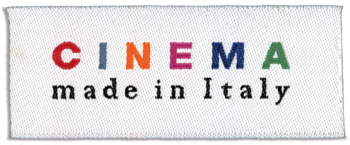
Just a few days after Paolo Sorrentino’s Oscar win for The Great Beauty, the Cinema Made In Italy showcase kicks off today (5th) at the Institut Francais in central London and runs until 9th March. The 2014 selection was chosen by Titta Fiore, film critic and Head of Arts and Culture for the Italian daily newspaper Il Mattino with a special selection of two films by Adrian Wootton, CEO of Film London. Here’s our top five recommendations.
Viva La Liberta (dir:Roberto Andò)
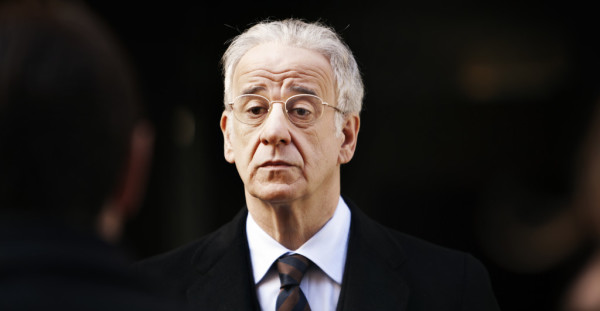
Toni Servillo takes on dual roles as a beleaguered left-wing politician and his eccentric philosopher brother, in a movie that is one part soul-searching drama and one part farce.
Given the constant changes in Italian government and the cut and thrust of its daily politics, you might well believe the country’s bureaucratic landscape is beyond satire. Servillo however is on fine form, especially, when playing the mad philosopher, who manages to reinvigorate and unite his troubled bro’s party while the troubled sibling mopes off to France to be with an old girlfriend and ponder upon his next move. Valeria Bruni Tedeschi co-stars and horror fans will note the appearance of Giovanni Lombardo Radice in the role of a newspaperman. Viva la liberta is an amusing story undercut with melancholia and made hugely entertaining by yet another fanatastic from Servillo, a man who is fast becoming Italy’s premier film star.
Fuoristrada (dir: Elisa Amoruso)
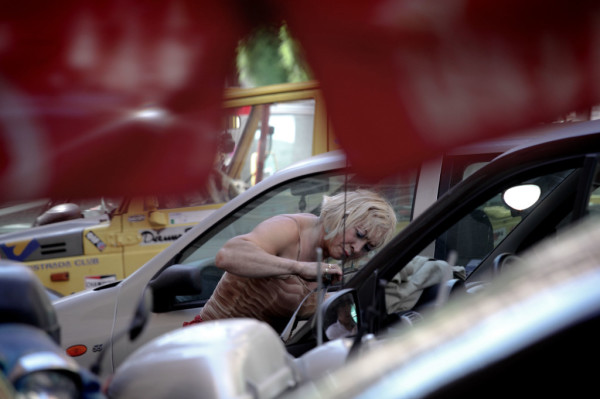
Elisa Amoruso’s documentary portrait of a working-class Roman family with a transgender parent sidesteps expectation somewhat. Instead of a focus on social prejudice, even if it’s frequently acknowledged, Amoruso offers instead a sweet ode to love and the virtues of respect. Pino, a former rally champion, is now Beatrice, and quite a formidable character she is too, as well as a captivating screen presence. Although Pino hasn’t had corrective surgery, apart from breast augmentation, he lives as Beatrice. The wife, a former Romanian nurse, far from being freaked out accepted things and stood by her woman. Beatrice has also raised a stepson. The camera captures joy, sorrow (the scene where the family buries a family pet is ever so sad) and lots of foul-mouthed bickering. The dynamic is down to earth and quite wonderful.
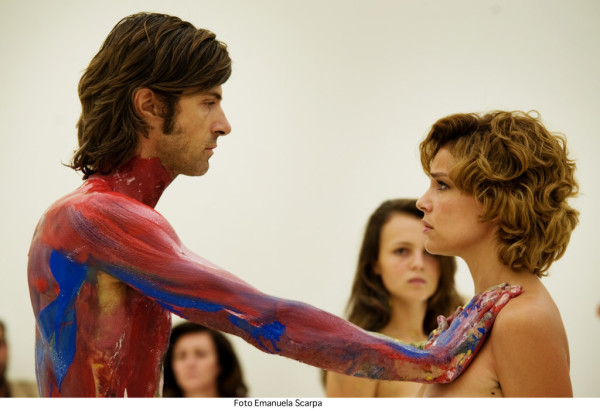
Anni Felici (dir:Daniele Luchetti)
Kim Rossi Stuart, an actor best known to UK audiences from such films as Romanzo Criminale (2005) and Angel of Evil (2010), stars as Guido, a conceptual artist struggling with the demands of his craft and family life. He likes to keep his roles as artist, husband and father at arms length from the other, but how long can this last before something has to give? Daniele Luchetti’s charming, sunkissed drama sees the entire cast on top form. And neither is the story solely focused on an artist struggling with his work, the director devotes an equal amount of time to the wife, Serena (Micaela Ramazzotti), and her romantic dalliance with an art dealer (played by Martina Gedeck). Guido is revealed as something of a hypocrite – he espouses free love yet gets the hump when he discovers Serena has been playing away. Alas, the turmoils of love and other personal struggles ensures that nobody is a full stereotype or hero/villian.
Anni Felici (UK title: Those Happy Years) is often very funny. One of the film’s best scenes is a bravura act of childhood protest. Sick to death of his parents’ attitude to their extra-martial sex lives, which they discuss openly in front of their kids, the eldest son labels both of them ‘arseholes’ and proceeds to cross the road and dive off a harbour wall into the water below. This scene is returned to and extended at the very end of the movie and delivers an extra slice of poignancy to Anni Felici’s thematic concerns.
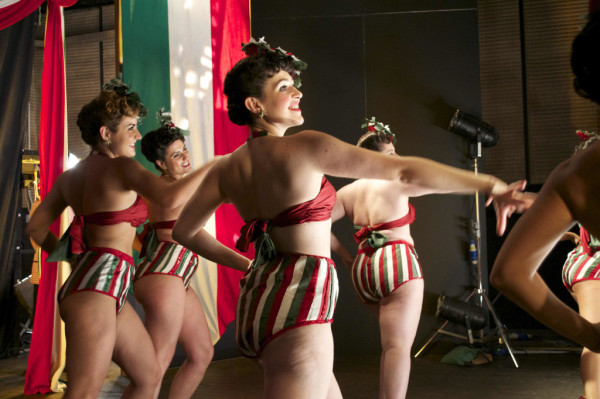
Che strano chiamarsi Federico! (dir:Ettore Scola)
A giddy fusion of biopic, personal reminiscence and trippy tribute to arguably the greatest Italian director of all – Federico Fellini – Che strano chiamarsi Federico! recalls those popular A Beginners Guide To… books and is presented like a graphic novel come to life – not unlike Joann Sfar’s 2010 picture, Gainsbourg. The film is at its best in the earlier scenes, where young Federico pitches up at a Roman satirical newspaper outlet and joins the team as a cartoonist and short story writer. The revelling in artifice and the dreamy invocation of the director’s life is an eccentric delight.
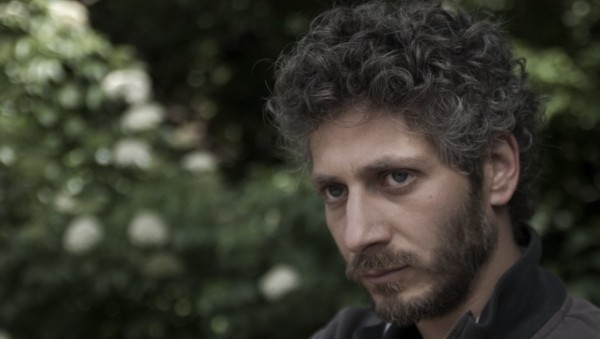
Border (dir:Alessio Cremonini)
The directorial debut of screenwriter Alessio Cremonini is not set in Italy at all. Border is concerned with the current civil war in Syria and is essentially a road movie (though there’s a lot of walking involved) detailing the plight of two sisters as they travel to the Turkish border with a man who may or may not be trustworthy.
Border begins with grainy video footage of the war – snipers shooting from rooftops, a hillside town exploding under a hail of explosions and scenes of pro and anti government marches. The two sisters, a very religious pair, refuse to take off their niqabs as they begin their journey – which could put them in mortal danger. Along the road, they meet a former militia man who ratted out on his colleagues and will get to Turkey by any means necessary. Cremonini’s film has a Loachian feel to it … simple camera work, unshowy direction and a great sense of humanism twinned with tragedy as it dawns upon us slowly that the girls may never reach Turkey, but who refuse to be scared or trust anybody around them. The tough pair are Iraqi refugees and know all about society falling apart and the ways of war. The script was co-written by Italian-Syrian journalist Susan Dabbous.
Cinema Made In Italy 2014 runs from 5th March – 9th. For more information and tickets, please see the official website here: www.institue-francais.org.uk/cinema-made-in-italy
Images provided by Premier Comms












{ 0 comments… add one now }